Making Tax Digital for Income Tax volunteers
From April 2026, Making Tax Digital for Income Tax (MTD for ITSA) will transform tax compliance for businesses, self-employed individuals, and landlords, mandating digital record-keeping and online

From April 2026, Making Tax Digital for Income Tax (MTD for ITSA) will transform tax compliance for businesses, self-employed individuals, and landlords, mandating digital record-keeping and online

Over one million parents have now claimed Child Benefit online or via the HMRC app, with 87% of new claims using this speedy service. If you’ve recently had a baby or a child joins your family,
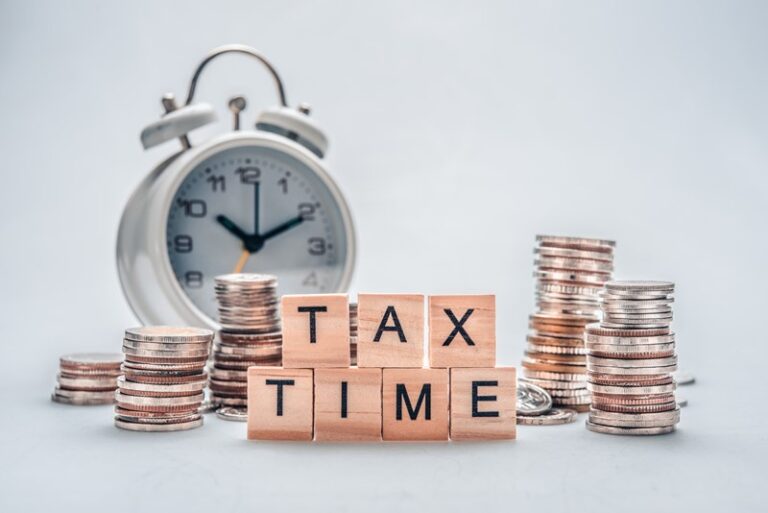
Can’t pay your tax bill in full by 31 January 2025? HMRC’s online Time to Pay system lets self-assessment taxpayers spread the cost over monthly instalments. With plans available for tax bills up to
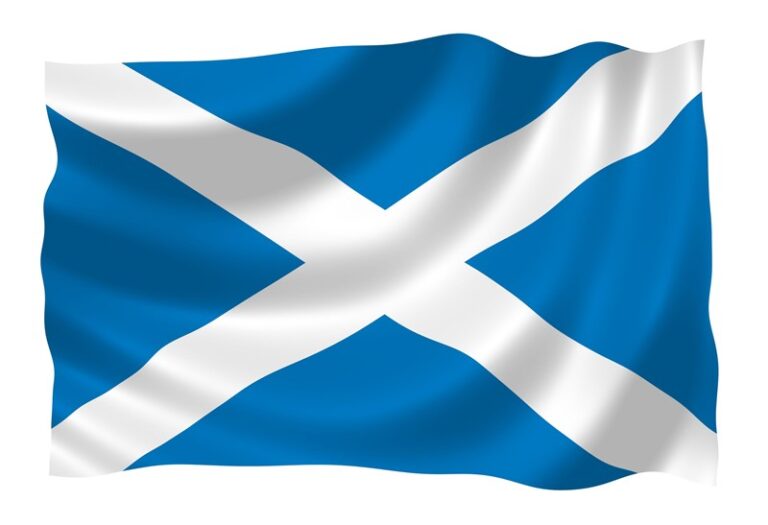
Scotland’s 2024 Budget delivers on public priorities with investments in services, poverty reduction, and economic growth. Tax rates stay frozen, but bands shift to protect low incomes. A hopeful step

Selling online? From 2024, digital platforms must report your information to HMRC if sales exceed £1,700 or 30 goods a year. Casual sellers are exempt, but regular traders may need to register for
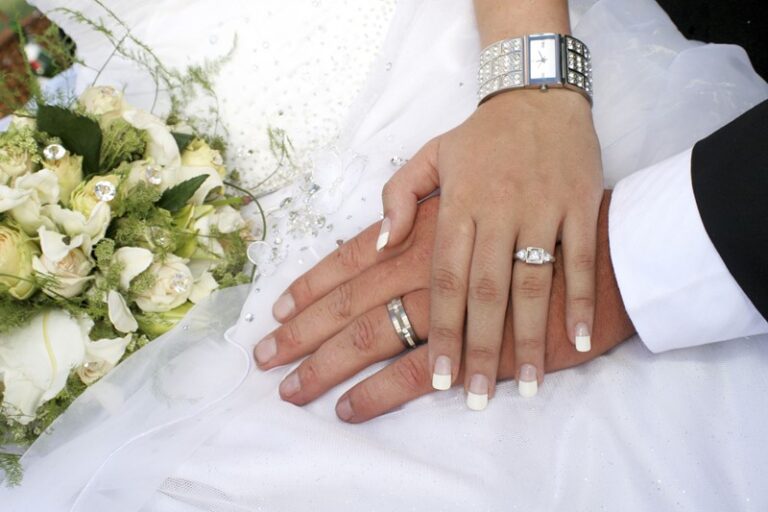
Could you save up to £1,260 in tax this year? If one of you earns less than £12,570, the Marriage Allowance lets couples transfer unused personal allowances. Don’t miss out on this easy tax
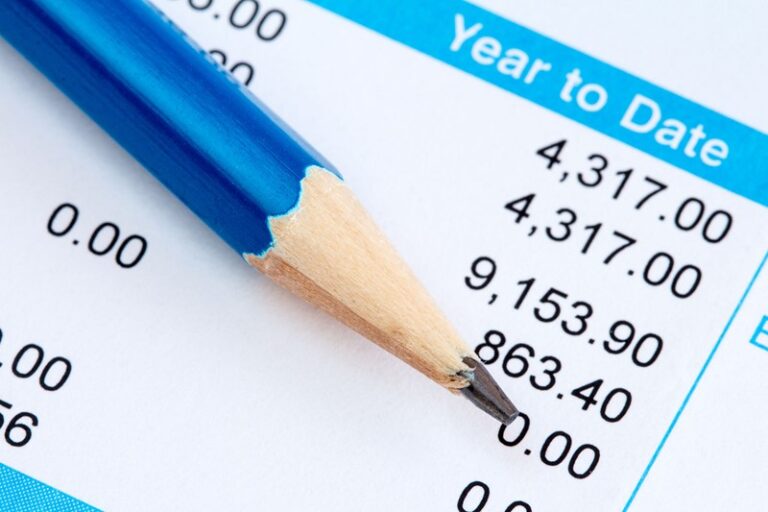
The letters in your tax code indicate whether you are entitled to the annual tax-free personal allowance. These codes are updated each year and help employers calculate how much tax should be deducted
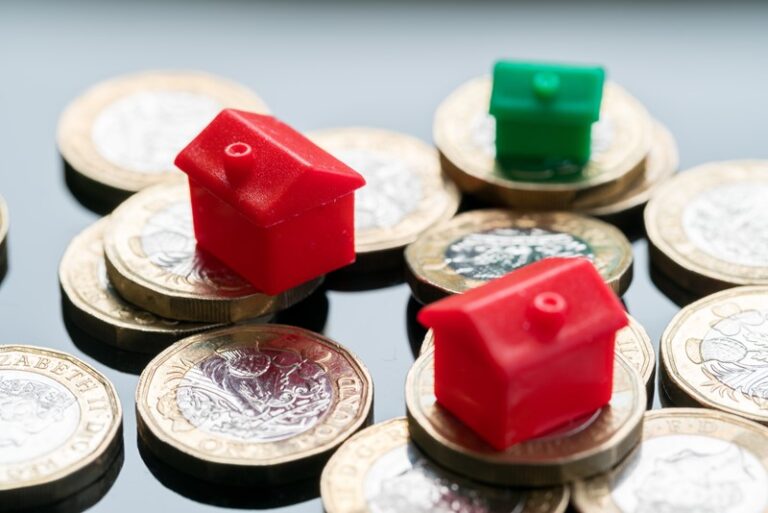
The Let Property Campaign provides landlords who have undeclared income from residential property lettings in the UK or abroad with an opportunity to regularise their affairs by disclosing any

The mandatory rollout of Making Tax Digital (MTD) for Income Tax is set to begin in April 2026. MTD for ITSA will bring substantial changes to how businesses, self-employed individuals, and landlords
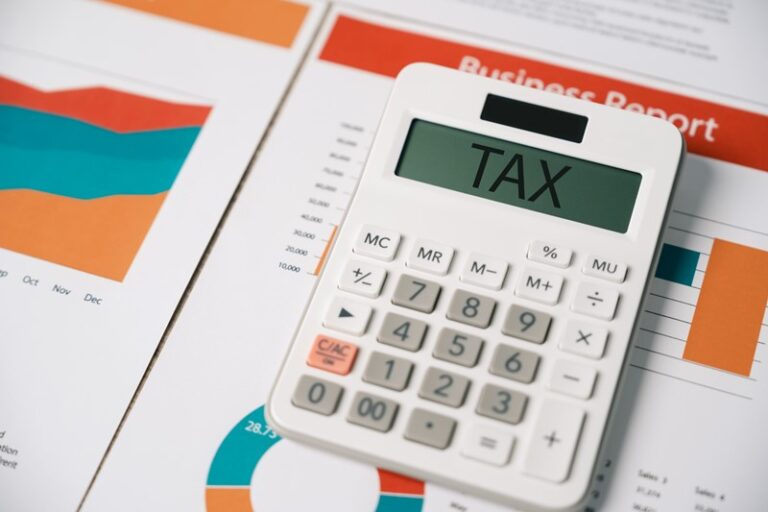
If you believe you have overpaid tax to HMRC, you can typically claim a tax refund for the excess amount. The process for making a claim varies depending on factors such as whether you submit a